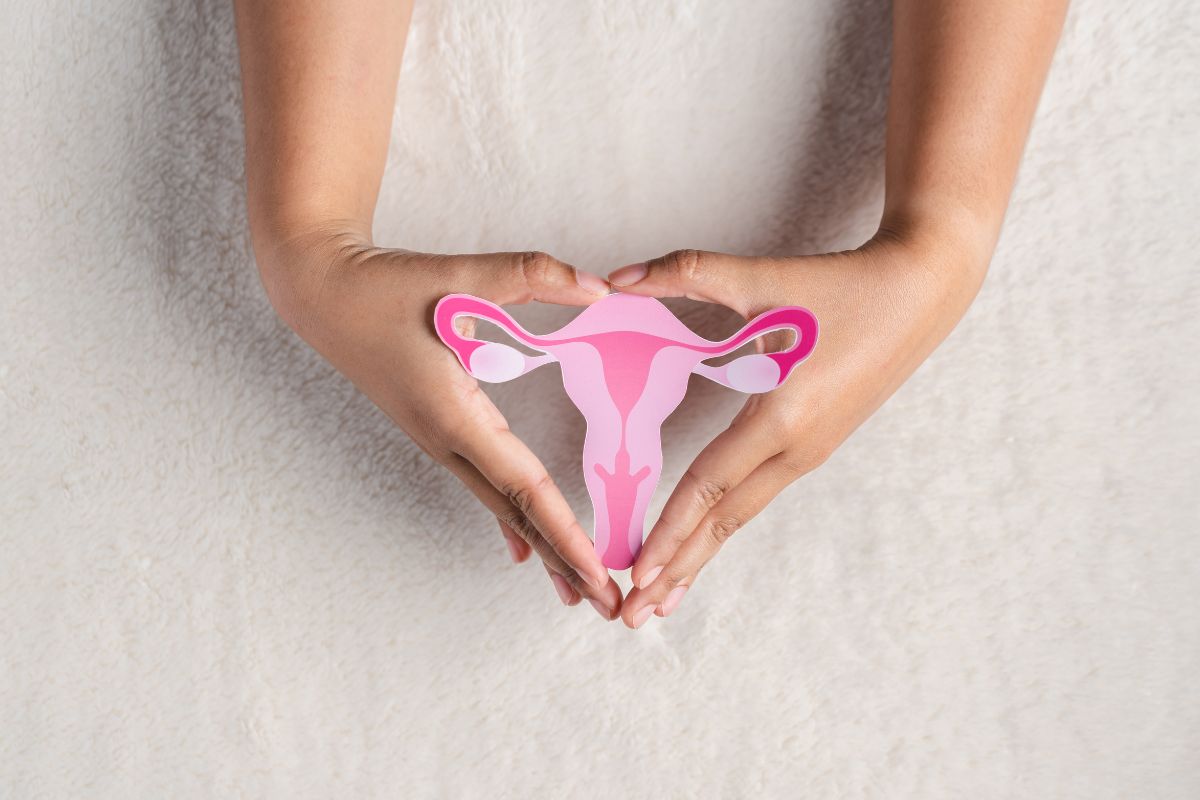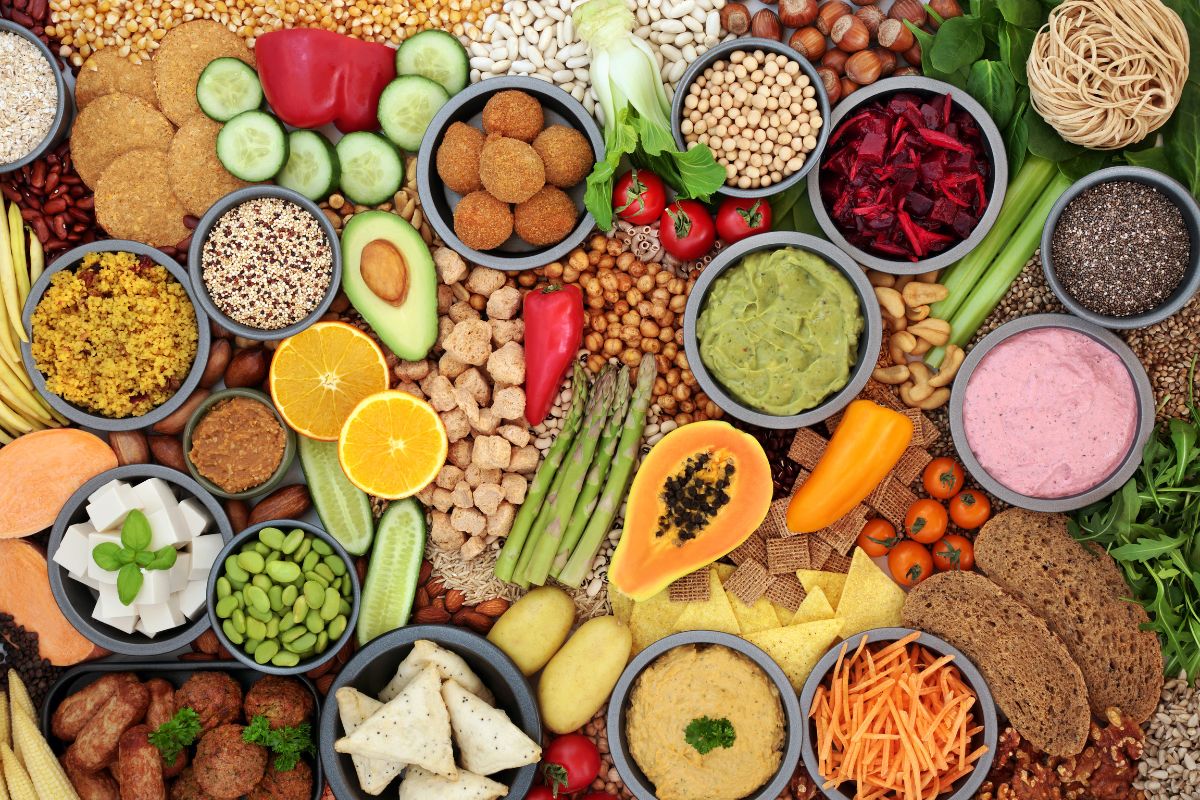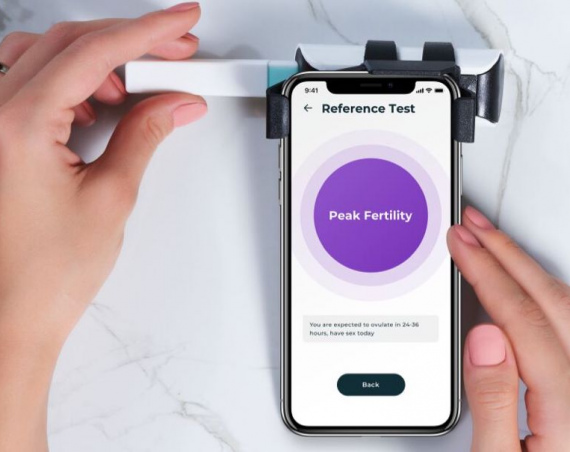As women, an imbalance in your hormones can cause many different issues in your body in regard to your health and the way that your body functions.
One of the most important hormones in your body is estrogen.

When your estrogen levels are out of balance, you can suffer from issues such as mood swings, severe fatigue, low libido, and insomnia.
There are a few reasons why you might suffer from low estrogen levels, however, the main cause is menopause.
There are medical interventions that can be prescribed by your doctor. These include Hormone Replacement Therapy.
However, there are some foods that can also help to boost your estrogen levels in a more natural way.
In this guide, we will look at the top ten foods that are high in estrogen to help balance your hormones.
1. Soybeans
Soybeans and products that are made from soybeans are a great source of isoflavones which have a positive effect on your estrogen levels.
These isoflavones have been shown to help reduce the risk of breast cancer, alleviate common symptoms of menopause, lower cholesterol levels, and manage your risk of heart disease.
These particular isoflavones are also found in products such as tofu, tempeh, and edamame beans.
2. Cashew Nuts
Another great source of isoflavones is cashew nuts. However, cashews are much more than just a source of isoflavones.
They are also a great source of lignans and phytoestrogens which help to contribute to well-balanced hormones.
If your low levels of estrogen are the result of going through menopause, cashews also offer high levels of magnesium which is essential to help you improve your sleep and lower your risk of brittle bones which are common in postmenopausal women.
3. Dried Fruits
Dried fruits are a delicious snack or addition to light breakfasts so they are easy to incorporate into your daily diet.
You will probably already know that dried fruits are incredibly healthy and rich in fiber.
However, they are also a great source of phytoestrogens for anyone who wants to naturally increase their estrogen levels.
If you want to consume the most amount of phytoestrogens possible, dried apricots are your best bet. Just behind apricots are dates, then prunes and raisins.
If you are suffering from other symptoms of menopause such as hot flashes and mood swings, or you want to reduce the risk of cancer and cardiovascular disease, the high levels of isoflavones and lignans in dried fruits are invaluable.
4. Flaxseeds
If you want an easy way to significantly boost your estrogen levels through the foods you are eating, adding flaxseeds to your diet is a great option.
Despite their small size, these seeds contain extremely high levels of phytoestrogen lignans.
Studies have shown that these small, unassuming seeds are particularly helpful in reducing common menopause symptoms.
Flaxseeds boast 800 times more lignans than any other food.
5. Cruciferous Vegetables
If you have ever looked into healthy eating, you will know just how nutritious cruciferous vegetables can be for you.
Examples of cruciferous vegetables include Brussels sprouts, cauliflower, cabbage, and broccoli. All of these vegetables contain high levels of phytoestrogens.
Cauliflower and broccoli in particular contain high levels of a specific lignan known as secoisolariciresinol.
This has been shown to help protect against cancers that are related to hormones such as prostate cancer, breast cancer, and endometrium cancer.
Cabbage and Brussels sprouts are rich in a particular phytoestrogen that is known as coumestrol.
This has been shown to help improve bone density and relieve other symptoms that are related to menopause.

6. Chickpeas
Chickpeas are a staple of plant-based diets for a reason. They are incredibly rich in magnesium, calcium, and fiber.
All of these nutrients help to improve and maintain bone density and digestion. This can help avoid common symptoms that are associated with menopause.
Chickpeas are also dense in phytoestrogens. This makes them the perfect addition to the daily diet of anyone who wishes to balance their hormones.
Chickpeas are known for their abundant levels of isoflavones called Biochanin A.
Research has shown that this particular type of isoflavone is useful for managing the symptoms of menopause.
They have also been shown to reduce the growth and survival rate of cancerous cells in the body.
7. Alfalfa Sprouts
If bone health is your main concern with low levels of estrogen, alfalfa sprouts are the perfect addition to your diet.
These small sprouts are known to contain high levels of a particular phytoestrogen called coumestans.
There is research that shows that coumestans are incredibly effective at lowering the risk of developing osteoporosis.
This is done by improving the density and mineralization of your bones. Alfalfa sprouts can also help to mitigate other menopause symptoms.
8. Peaches
While dried fruits are incredibly effective at increasing estrogen levels, fresh peaches also provide additional estrogen in large amounts.
Peaches offer a great source of specific phytoestrogens known as lignans.
There are several scientific studies that support the fact that women who consume diets that are high in lignans experience fewer and less intense menopause symptoms.
Consuming a high amount of peaches can also help to lower your risk of breast cancer by around 15%.
9. Berries
If you prefer fresh fruit over dried fruit, peaches aren’t your only option, berries are also a great way to naturally boost your estrogen levels.
Blackberries, raspberries, strawberries, cranberries, and blueberries are all brilliant sources of phytoestrogen lignans.
These berries are also rich in vitamins, fiber, and antioxidants making them an overall excellent addition to any diet.
10. Sesame Seeds
If you prefer to add seeds to your diet to supplement your intake of estrogen and other essential nutrients, sesame seeds are a great choice.
These small seeds are rich in vitamin B6, vitamin E, copper, zinc, and iron. On top of all of this, they are also abundant in phytoestrogens.
Some scientific studies have found that women who consume diets that contain at least 50 grams of sesame seeds every day for at least five weeks experience lower cholesterol levels and higher estrogen levels.
Sesame seeds can be incredibly easy to incorporate into your diet through smoothies, soup toppings, and main dishes.

Final Thoughts
Boosting your estrogen levels is incredibly important for women who are pre- and post-menopause.
Although medical interventions are available, you might want to attempt natural methods first.
Adding estrogen-rich foods to your diet can help to boost your hormones and alleviate menopause symptoms.
Eating a diet that is rich in estrogen-boosting foods can also be a great way to supplement medical hormone treatments.
Frequently Asked Questions
Can Food Really Increase Estrogen Levels?
It is common to be a little skeptical about the effectiveness of adding these foods to your diet to boost your estrogen levels.
While medical interventions are likely to be more intense and provide more significant and quicker results, food also has its place in balancing your hormones.
Foods that are high in phytoestrogens mimic the hormonal effects of estrogen in the body when they are ingested.
There are some phytoestrogens that have an estrogenic effect on the body. This means that they actually increase the levels of estrogen in the body.
There are other phytoestrogens that actually decrease estrogen levels in the body. However, all the foods mentioned in this article focus on increasing estrogen levels.
How Do Phytoestrogens Work?
Phytoestrogens have a similar chemical structure to estrogen that naturally occurs in the body. Because of this, they are able to attach themselves to estrogen receptors in the body.
This, in turn, encourages the hormonal role of estrogen. This is particularly beneficial when levels naturally drop due to perimenopause and menopause.
There are three different types of phytoestrogens. These are known as isoflavones, coumestans, and lignans.
All of these are able to mimic the effects of estrogen on the body.
Research shows that consuming phytoestrogens through your diet can help to alleviate symptoms of menopause and reduce the risk of cancer, high cholesterol, and osteoporosis, all of which are more likely in the postmenopausal years.



